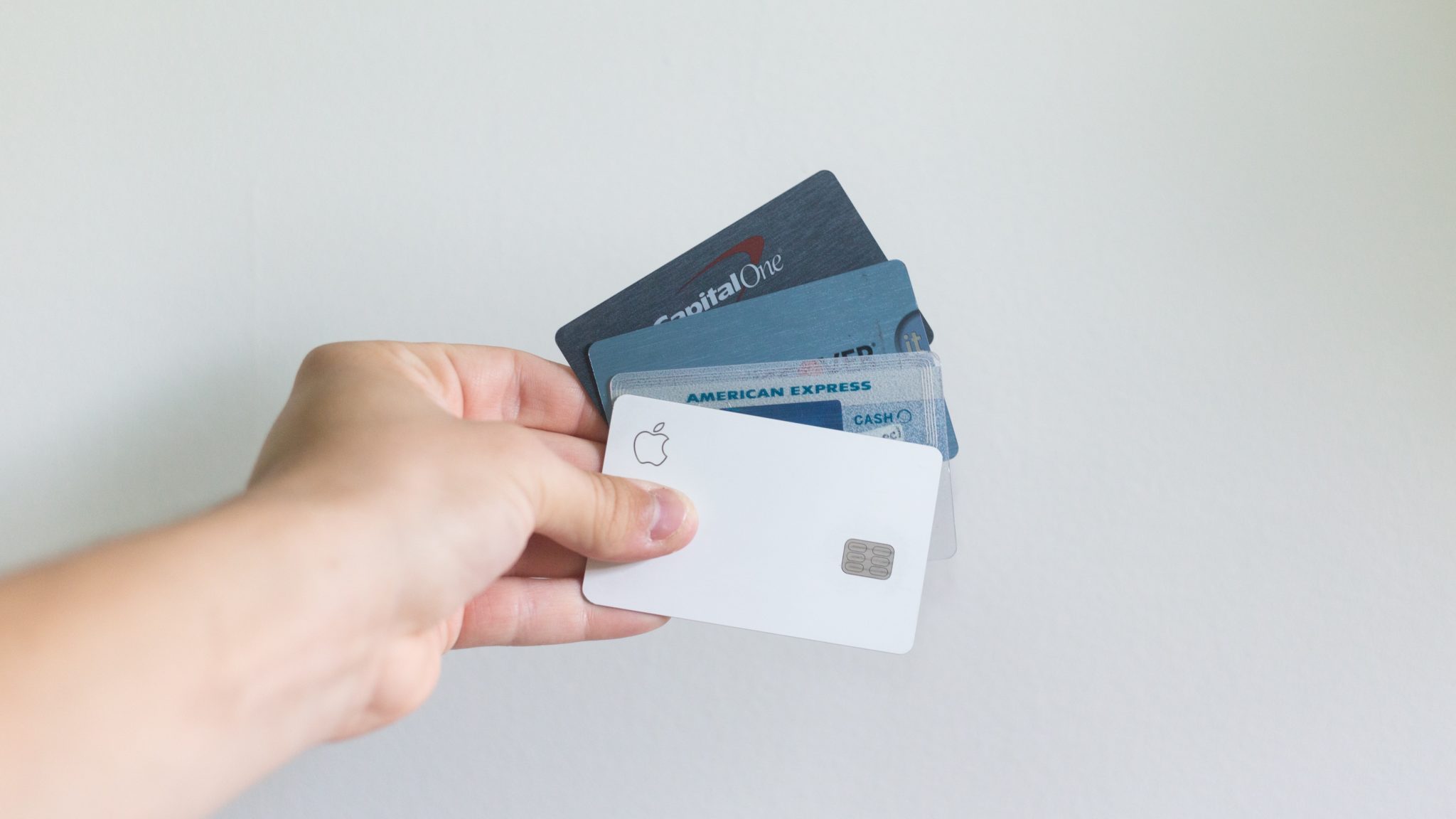Ways Merchants Can Prepare for an Economic Downturn
Will the economy continue expanding? Or is it finally set to contract? Even the brightest economists can’t say for certain. However, economic downturns are seen as essentially inevitable. With that in mind, it’s a good idea to prepare for a recession even if you’re optimistic that the economy will continue humming. Strengthening customer loyalty, reducing fraud, and offering “must-have” products can help businesses weather any storms.
The right preparation now could save you from a lot of pain in the future. Further, even if a recession doesn’t set in anytime soon, efforts to prepare your business could improve your company’s financial health. For example, proactive measures to combat fraud can reduce chargebacks, thus saving you from various fees and other costs.
Let’s take a look at some more specifics.
Proactively Mitigating Risks by Combating Fraud and Chargebacks
Fraud could prove to be an especially grave risk during a downturn. If the times turn tough, even generally upstanding citizens might resort to fraud, including first-party fraud. Proactively managing chargebacks and other types of fraud is a wise idea during the best of times, but if the economy contracts, it will become even more crucial.
With first-party fraud, a cardholder will make a purchase with their debit or credit card. Later, after they receive their order, the cardholder will contact their bank and file a chargeback. Why? Quite likely, the customer is looking to score free products. If they win the chargeback dispute, the customer will not only get their money back but will typically be able to keep their purchase.

Chargebacks can cause a lot of damage. Beyond losing revenue and inventory, the merchant will also have to pay chargeback fees. These fees typically cost at least $20 but can reach $100 or more. In some cases, the chargeback fees will actually cost more than the product sold. Even if you win a chargeback dispute, you’ll still be on the hook for these fees.
The merchant’s chargeback ratio will also rise. This ratio measures how many chargebacks occur per a given number of transactions. If you’re suffering more than one chargeback per one hundred transactions, some payment processors will refuse to work with you. Those processors that do work with you may charge higher fees than normal.
Fortunately, merchants can now use dispute management platforms like ChargebackHelp to combat chargebacks. The tools offered by a platform may vary, but some will help merchants gather and organize evidence proving that a transaction was not fraudulent. The right chargeback management platforms can even automatically share data with banks. This way, banks can make an informed decision when deciding whether or not to permit a chargeback to go forward.
Further, chargeback alerts can warn merchants of upcoming chargebacks. This may provide them with enough time to resolve the dispute before a chargeback is even filed.
Why “Must Have” Products Are a Must
Many consumers will tighten their budgets during a recession. Often, consumers will start by cutting back on inessential purchases. Meanwhile, consumers will continue to make necessary purchases. In some cases, the consumption of certain items may even increase.
Consider, for example, that everyone needs to eat. However, dining at upscale restaurants isn’t essential. When the economy starts to contract, a consumer may skip date nights at expensive restaurants. At the same time, since customers must continue to eat, sales may rise at budget-friendly retailers (e.g. Walmart).
As a retailer, you should see if there are any “must-have” products that you can sell. This way, even if demand for your luxury offerings declines, consumers may continue to purchase essential products and services. This can provide your business with a resilient revenue stream no matter the state of the economy.
Strengthen Brand Loyalty
Even as customers tighten their belts, they will often continue to favor certain brands and companies. Someone who needs a laptop or smartphone, for example, may still opt to purchase an Apple computer even if more affordable non-Apple devices are available.
Retailers can improve brand loyalty by setting up a responsive customer service department. Great customer service can also head off chargebacks.
Loyalty programs can also prove potent. Someone running a coffee shop may offer customers a free drink after they make 10 purchases. Such loyalty programs encourage people to shop at specific businesses, while also helping customers save money. For customers, saving money can be especially important during a recession.
Prepare Today, Protect Tomorrow
If you’re not preparing for a recession, you’re exposing yourself to unnecessary risks. Further, many of the steps you take to mitigate threats will pay off even if the economy continues to expand. Ultimately, this may make you more competitive in the market. Fighting chargebacks and building customer loyalty, for example, can pay off no matter the situation. So why delay? The best time to prepare is right now.
This article has been published in accordance with Socialnomics’ disclosure policy.









